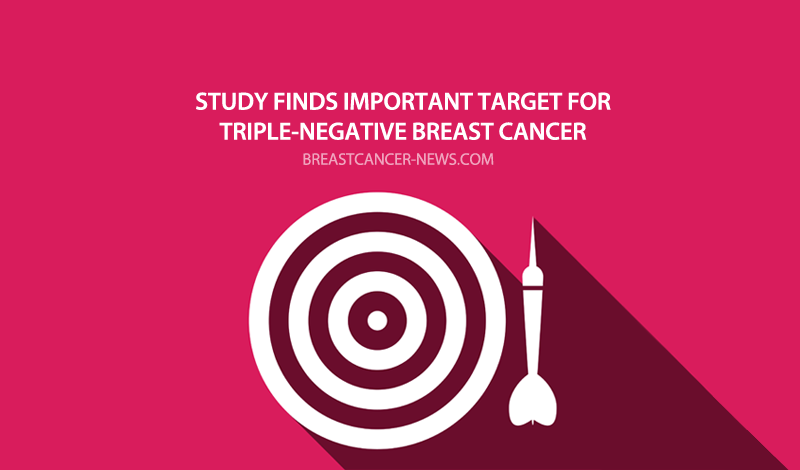A research team found a target for triple-negative breast tumors, a common and aggressive type of breast cancer. The study resulted from a collaboration between scientists at the University of California at Berkeley, UC San Francisco, and Boston College, who discovered that the subtype of cancer relies on fat as an energy source, which is thought to be a first step for the development of a new and more effective treatment option for patients with triple-negative breast tumors.
Researchers identified the target called GSTP1 and used a molecule similar to a drug to address the vulnerability and eliminate cancer cells in the lab. The investigation was able to shrink tumors in mice. “We were looking for targets that drive cancer metabolism in triple-negative breast cancer, and we found one that was very specific to this type of cancer,” said Daniel K. Nomura, an associate professor of chemistry and of nutritional sciences and toxicology at UC Berkeley, in a press release.
Nomura is also the senior author for the study, titled “GSTP1 Is a Driver of Triple-Negative Breast Cancer Cell Metabolism and Pathogenicity,” which was recently published in Cell Chemical Biology.
Triple-negative breast cancer cells are dependent on the enzyme glutathione-S-transferase Pi1 (GSTP1), which is responsible for the glycolysis metabolism. By inhibiting GSTP1, investigators were able to cause an impairment in glycolytic metabolism that deprives the triple-negative cancer cells from energy, nutrients, and signaling capacity.
While normal cells do not establish this specific metabolic pathway to receive chemical energy, these cancer cells rely heavily on glycolysis. After discovering this, Eranthie Weerapana, associate professor of chemistry at Boston College and the study’s co-author, developed a molecule called LAS17, which is able to irreversibly attach to the GSTP1 molecule’s target. This bind created with LAS17 inhibits the enzyme’s activity, while it does not attach to other proteins present in the cells.
“Inhibiting GSTP1 impairs glycolytic metabolism,” Nomura said. “More broadly, this inhibition starves triple-negative breast cancer cells, preventing them from making the macromolecules they need, including the lipids they need to make membranes and the nucleic acids they need to make DNA. It also prevents these cells from making enough ATP, the molecule that is the basic energy fuel for cells.”
The discovery is particularly important since triple-negative breast cancer is diagnosed in about one in every five cases of breast cancer, but it is also among the deadliest types of the disease because there are no drugs available to target them. This cancer does not rely on estrogen and progesterone hormones to grow, nor on human epidermal growth factor receptor 2 (HER2). The most common method used to treat triple-negative breast cancer is chemotherapy that focuses on all dividing cells.
But this is not fully effective, and if the cancer spreads to distant parts of the body, there are even fewer options. In addition to the encouraging results of the study, Nomura believes that LAS17 does not have toxic side effects, based on the mice studies. The trials performed with mice also demonstrated that LAS17 is able to shrink tumors grown to an invasive stage from surgically transplanted, human, triple-negative breast cancer cells that had long been maintained in lab cultures.
Investigators now plan to continue the studies on LAS17, starting with investigating tumor tissue resected from human triple-negative breast cancers and transplanted directly into mice.
The study was funded by the National Institutes of Health, the American Cancer Society, the U.S. Department of Defense, and the Searle Scholar Foundation. Other authors included Sharon Louie, Elizabeth Grossman, Lucky Ding, Tucker Huffman, and David Miyamoto, from UC Berkeley; Roman Camarda and Andrei Goga, from UC San Francisco; and Lisa Crawford, from Boston College.
Learn more about breast cancer: http://bit.ly/learnBreastCancer
Breast Cancer News is strictly a news and information website about the disease. It does not provide medical advice, diagnosis, or treatment. This content is not intended to be a substitute for professional medical advice, diagnosis, or treatment. Always seek the advice of your physician or other qualified health provider with any questions you may have regarding a medical condition. Never disregard professional medical advice or delay in seeking it because of something you have read on this website.

